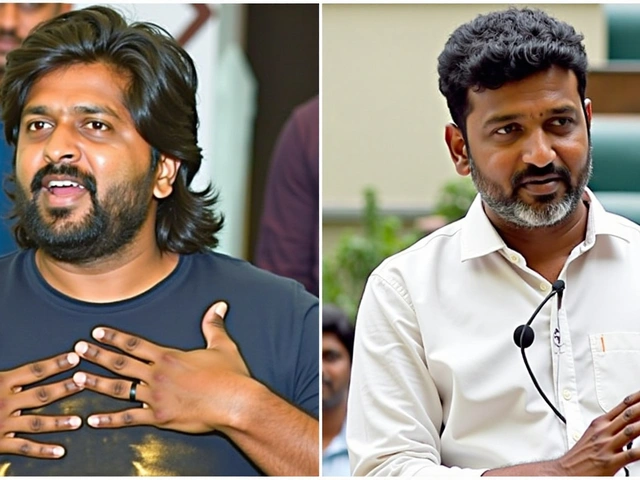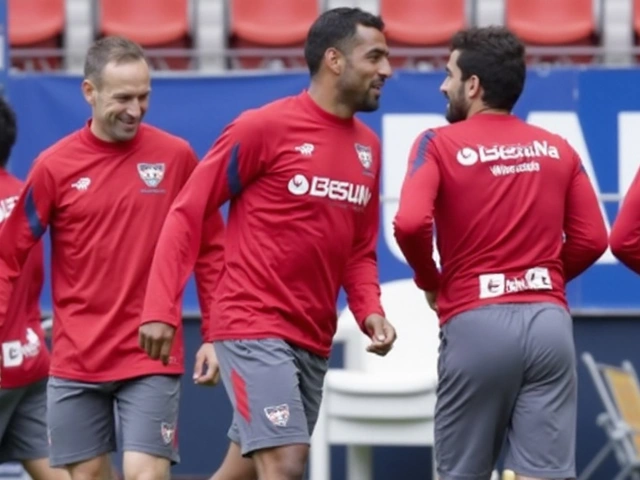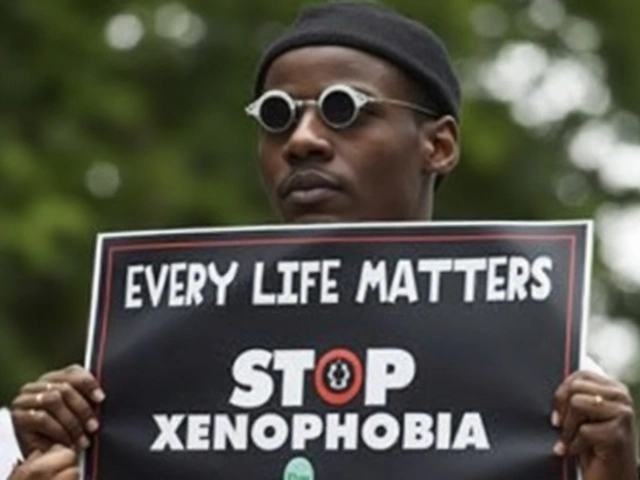Kenya Police: What to Know, Your Rights and Where to Report
Kenya Police play a central role in public safety, crime prevention and law enforcement across the country. Knowing how they work, what to do if you meet officers, and where to report problems can save time, stress and sometimes your freedom. This guide gives clear, practical steps you can use right away.
How the police are structured
The National Police Service (NPS) oversees policing in Kenya. Within NPS the Kenya Police Service handles general policing and criminal investigations, while Administration Police focuses on county security and public order. The Directorate of Criminal Investigations (DCI) leads major criminal probes and forensic work. The whole service is led by an Inspector General who answers to the national government. Local stations are your first contact point for incidents and basic reports.
If you're stopped, arrested or need to report
If an officer stops you, stay calm and polite. Ask for name, rank and station, and note the officer's service number. You can ask why you are being stopped. If arrested, say you want a lawyer and that you do not want to answer questions without legal advice. Do not resist physically; resisting can lead to more charges or harm. Use your phone to record the interaction if it is safe to do so — but tell the officer you are recording when possible to avoid escalation.
For urgent help call 999 or 112 from any phone. For serious complaints about police misconduct or abuse, file a report with the Independent Policing Oversight Authority (IPOA). IPOA investigates deaths in custody, excessive force and corruption allegations. You can also report to the nearest police station or the DCI for criminal matters. When you file a complaint, give clear facts: names, service numbers, time, place, witnesses and any photos or videos.
Write a short timeline of the event as soon as you can while details are fresh. Save messages, receipts and medical records if you were hurt. If there are witnesses, ask for their contacts. If you were detained, get the custody record and request medical checks. Contact a lawyer or a civil rights group early — they can guide the complaint process and help preserve evidence.
Share emergency numbers with family and store them in your phone. Avoid confrontations that could escalate, and try to move to a public place during any tense encounter. Follow trusted local news and rights organizations for updates on police reforms and community safety programs. Keep a note of patrol car numbers and nearby CCTV when possible too. If you ever feel your rights were violated, act quickly: collect proof, get legal help and report the incident to IPOA or the station. Taking these steps gives you the best chance to protect your rights and get accountability.
If you need help finding a lawyer, contact local bar associations, legal aid clinics, or civil society groups who offer free advice and referrals across Kenya any time, day or night nationwide.
Nyayo Stadium's failure to meet CAF requirements has left Gor Mahia and Kenya Police in search of alternative venues to participate in Preliminary rounds of CAF competitions. The stadium did not pass inspection, impacting the teams' ability to host international matches.
Recent-posts
Jun, 26 2024
Dec, 23 2024






